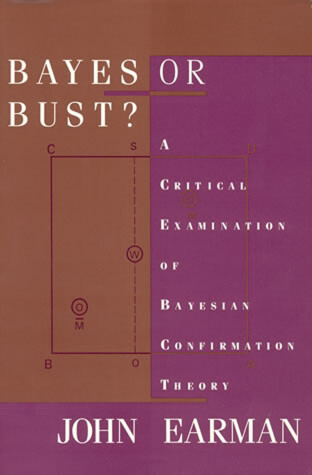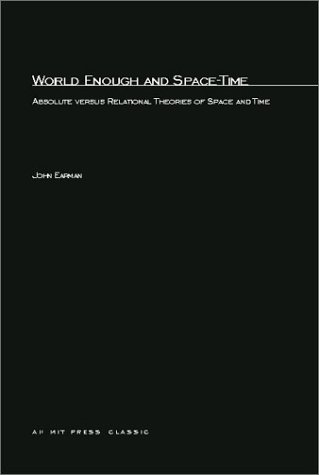A Bradford Book
2 total works
There is currently no viable alternative to the Bayesian analysis of scientific inference, yet the available versions of Bayesianism fail to do justice to several aspects of the testing and confirmation of scientific hypotheses. Bayes or Bust? provides the first balanced treatment of the complex set of issues involved in this nagging conundrum in the philosophy of science. Both Bayesians and anti-Bayesians will find a wealth of new insights on topics ranging from Bayes's original paper to contemporary formal learning theory. In a paper published posthumously in 1763, the Reverend Thomas Bayes made a seminal contribution to the understanding of "analogical or inductive reasoning." Building on his insights, modem Bayesians have developed an account of scientific inference that has attracted numerous champions as well as numerous detractors. Earman argues that Bayesianism provides the best hope for a comprehensive and unified account of scientific inference, yet the presently available versions of Bayesianisin fail to do justice to several aspects of the testing and confirming of scientific theories and hypotheses. By focusing on the need for a resolution to this impasse, Earman sharpens the issues on which a resolution turns.
Newton's Principia introduced conceptions of space and time that launched one of the most famous and sustained debates in the history of physics, a controversy that involves fundamental concerns in the foundations of physics, metaphysics, and scientific epistemology. This book introduces and clarifies the historical and philosophical development of the clash between Newton's absolute conception of space and Leibniz's relational one. It separates the issues and provides new perspectives on absolute relational accounts of motion and relational-substantival accounts of the ontology of space time. Earman's sustained treatment and imaginative insights raise to a new level the debate on these important issues at the boundary of philosophy and physics. He surveys the history of the controversy from Newton to Einstein develops the mathematics and physics needed to pose the issues in sharp form and provides a persuasive assessment of the philosophical problems involved. Most importantly, Earman revitalizes the connection of the debate to contemporary science. He shows, for example, how concerns raised by Leibniz form the core of ongoing debate on the foundations of general theory of relativity, moving the discussion into a new and vital arena and introducing arguments that will be discussed for years to come.
A Bradford Book

